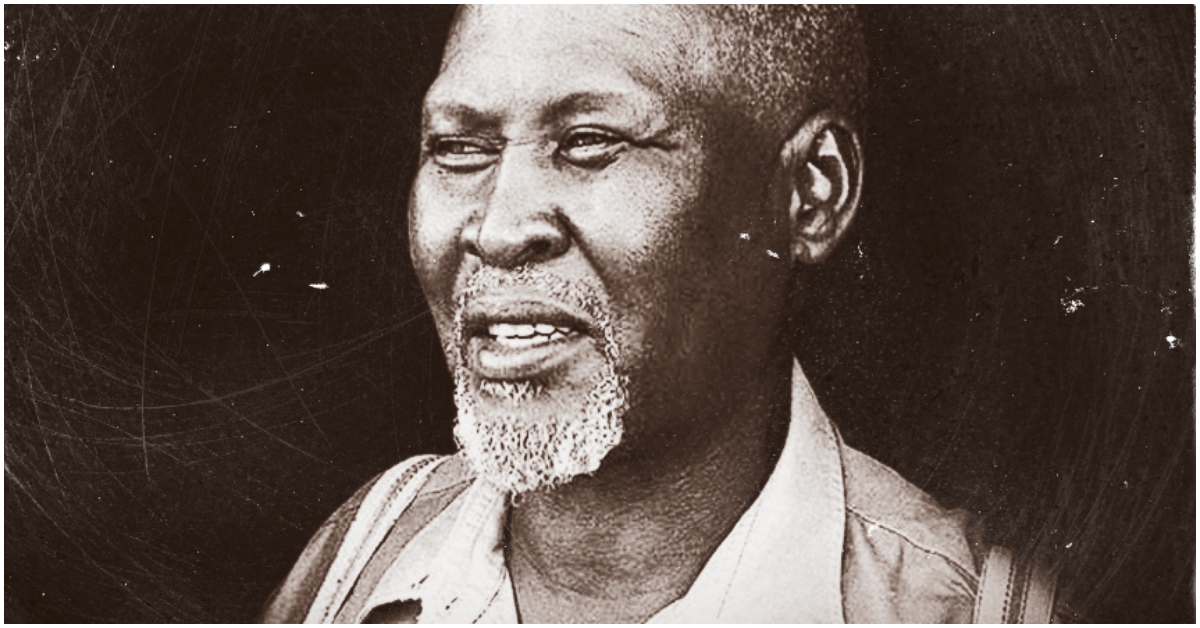A Visionary Leader Against Apartheid
Albert Luthuli, a Zulu chief and teacher, was the first Black African to be awarded the prestigious Nobel Peace Prize in 1960. His unwavering commitment to fighting racial discrimination and apartheid in South Africa through nonviolent resistance earned him global recognition.
Despite facing persecution, abuse, and oppression, Luthuli maintained a dignified and calm spirit that inspired millions worldwide.
“One day all of Africa will be proud of your achievements,” Martin Luther King Jr. wrote to Luthuli in 1959, admiring his courageous stand against injustice.
Early Life and Education
Born around 1898 in Southern Rhodesia (now Zimbabwe), Luthuli’s family returned to South Africa when he was young.
He grew up in the Groutville community, learning Zulu traditions from his uncle, who was the local chief. After completing his teaching training, Luthuli taught at an elementary school and later joined the faculty at Adams College, becoming a devout Christian and lay preacher.
Rise to Leadership
In 1936, Luthuli accepted the role of chief of the Groutville Reserve Tribe, comprising around 5,000 Zulus. This position allowed him to witness firsthand the devastating impact of discriminatory laws and policies on his people.
In 1945, he joined the African National Congress (ANC) and quickly rose through the ranks, becoming its president in 1952.
Nonviolent Resistance Against Apartheid
Under Luthuli’s leadership, the ANC adopted nonviolent tactics to protest against the oppressive apartheid regime. This approach, inspired by Gandhian principles, led to mass campaigns of civil disobedience, attracting global attention to the injustices in South Africa.
However, Luthuli faced numerous bans, confinements, and restrictions from the government for his dissent.
Nobel Peace Prize and Global Impact
In December 1960, Luthuli became the first Black African to receive the Nobel Peace Prize, a recognition of his nonviolent struggle against racial discrimination. His acceptance speech paid tribute to his people’s resilience and rejection of racism despite adverse treatment.
“Lutuli’s unrelenting dedication to the anti-apartheid movement was acknowledged when he became the first black African to be awarded the Nobel Peace Prize in 1960,” a tribute by the King Institute states.
Legacy and Inspiration
Although he lived to see the ANC’s military wing abandon nonviolence, Luthuli remained an honored elder statesman until his tragic death in 1967. His life and work inspired global icons like Martin Luther King Jr., who forged a link between the civil rights movement and the African Liberation Movement.





